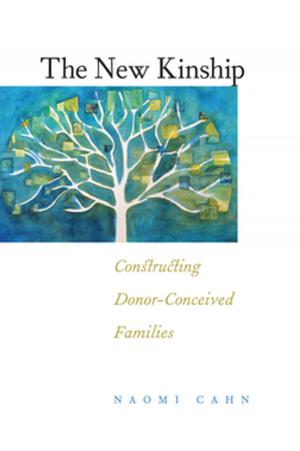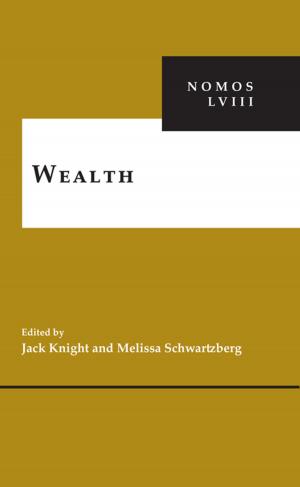Intercultural Couples
Crossing Boundaries, Negotiating Difference
Nonfiction, Social & Cultural Studies, Social Science, Discrimination & Race Relations| Author: | Jill M. Bystydzienski | ISBN: | 9780814709474 |
| Publisher: | NYU Press | Publication: | May 23, 2011 |
| Imprint: | NYU Press | Language: | English |
| Author: | Jill M. Bystydzienski |
| ISBN: | 9780814709474 |
| Publisher: | NYU Press |
| Publication: | May 23, 2011 |
| Imprint: | NYU Press |
| Language: | English |
Despite the growing presence of intercultural couples in the United States and worldwide, their stories often go untold. In Intercultural Couples, Jill Bystydzienski provides a rare and comprehensive understanding of the multidimensional experiences of intercultural couples, drawing mainly upon in-depth interviews with persons living in domestic partnerships—heterosexual and same-sex—representing a broad spectrum of ethnic, racial, religious, socioeconomic, and national backgrounds. In these relationships, each partner brings a different set of cultural experiences that may include gender expectations, ideas about appropriate relations with family members, childrearing, financial matters, and general lifestyle. Sometimes differences may be unrecognized or seen as minimal, yet some can become salient, forming the basis for conflict, enriching diversity, or both.
Bystydzienski’s findings show that, despite hurtful incidents from persons outside the couple partnerships, intercultural unions are a source of satisfaction for the partners, and are able to bridge divisions and reduce inequalities between persons of diverse backgrounds, providing a rich portrait of how these couples negotiate their identities as individuals and as couples in relation to the outside world.
Despite the growing presence of intercultural couples in the United States and worldwide, their stories often go untold. In Intercultural Couples, Jill Bystydzienski provides a rare and comprehensive understanding of the multidimensional experiences of intercultural couples, drawing mainly upon in-depth interviews with persons living in domestic partnerships—heterosexual and same-sex—representing a broad spectrum of ethnic, racial, religious, socioeconomic, and national backgrounds. In these relationships, each partner brings a different set of cultural experiences that may include gender expectations, ideas about appropriate relations with family members, childrearing, financial matters, and general lifestyle. Sometimes differences may be unrecognized or seen as minimal, yet some can become salient, forming the basis for conflict, enriching diversity, or both.
Bystydzienski’s findings show that, despite hurtful incidents from persons outside the couple partnerships, intercultural unions are a source of satisfaction for the partners, and are able to bridge divisions and reduce inequalities between persons of diverse backgrounds, providing a rich portrait of how these couples negotiate their identities as individuals and as couples in relation to the outside world.















